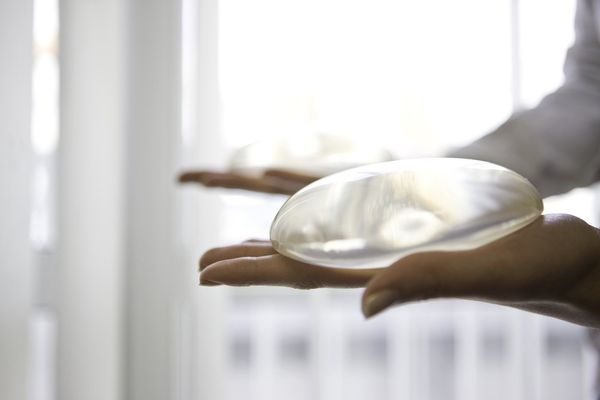Q:
Are there any known cases of complications during a breast augmentation surgery with a patient that has aplastic anemia? I am scheduled for surgery and have had no luck finding information to help me make an informed decision other than the obvious risk of bleeding due to low platelets.
A:
You have a serious blood disorder in which your body doesn't produce enough white or red blood cells, or enough platelets, the component in blood that enables it to clot. Consequently, you're prone to unexplained bleeding, infections and fatigue. There are numerous causes of aplastic anemia, including cancer treatments (radiation or chemotherapy), exposure to toxic chemicals like those used in some insecticides, paint, and household cleaners, some drugs (like those that treat rheumatoid arthritis), autoimmune diseases like lupus, viral infections that affect bone marrow, or other bone marrow diseases. The treatment depends on how serious the anemia is. It can be treated with blood transfusions, medicines or may require a bone marrow transplant.
You don't say whether your anemia is mild, moderate or severe, but if you're considering elective surgery, I would guess it's mild. Nonetheless, I would caution you against a procedure like breast augmentation. Although it is considered an elective cosmetic procedure, it is still surgery, performed under anesthesia with a risk of bleeding and infection. Any surgery is dangerous for people with aplastic anemia -- but if your life is at stake, it might be worth the risk. Putting your life at stake for the sake of larger breasts, however, is a serious decision that you and your surgeon need to discuss.
Even if the initial surgery goes well, you should be aware of the post-surgical complications that may occur with breast augmentation with implants. These include excessive bleeding after the surgery, which is especially dangerous for you. If the bleeding continues, you may need another surgery to control it and remove any blood that's built up. Other possible complications include infection around the implant, the eventual leaking or rupture in the implant if not maintained or replaced, capsular contractures (in which scar tissue builds up around the implant, sometimes causing pain and distortion of the tissue). Most importantly, all implants, both silicone and saline, must be replaced at some point requiring additional surgery.
In summary then, I urge you to talk about this procedure not only with your plastic surgeon, but also with the physician who treats you for your aplastic anemia before making any decision.







